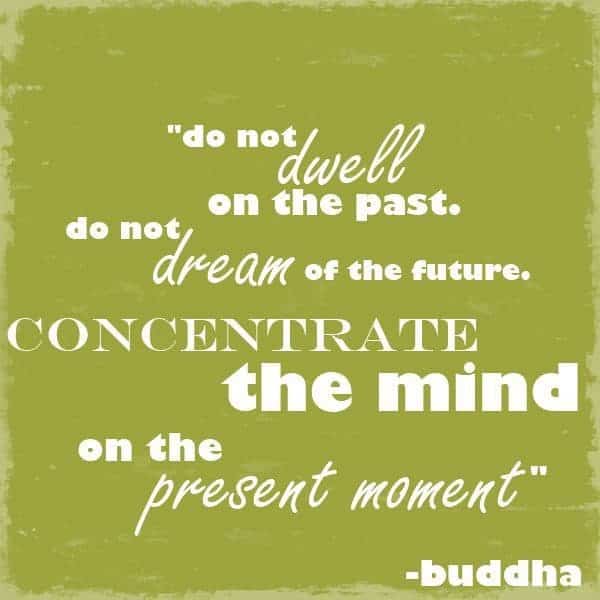From my own experience: "Good People" are good to themselves as well as to others. If you are good to yourself, you don't allow yourself to be "used". Subjugating all of your own dreams, desires, thoughts and needs in favor of someone else's is NOT good, unless you do it with no expectation of a return. If you feel "used" it is because your expectations aren't met. If you decide to sacrifice yourself, you aren't being "used", it is a decision you willingly made.
You have a right to get a return on your investment (of love, time, affection, money, loyalty, work) but you need to express what you expect and hold the other party accountable. If give without getting and don't like it, the options are (1)to continue the status quo and continue your dissatisfaction, (2)stop giving, (3) define with the other party what the expectations are, or (4) give to someone or something that is appreciative in a way that pleases you.
This may seem like unsympathetic, but it isn't. The pain of being cast aside after devoting to something, and the above is what I learned from the experience. There are some people who can give without any expectation, and I think we all do that from time to time, but I don't see that working in an ongoing relationship, whether at work or at home or with friends. No one but you is responsible for your own happiness. If you feel cast aside, maybe you need to cultivate new friends, develop new interests or pursue old dreams. You are the only person who can "throw you out". You still exist and can still become happy with yourself.
Also some "good people" allow themselves to be used. They don't see the need or don't know how to set boundaries with others through their life. It's like killing yourself with your own kindness. (reverse of killing them with kindness) but it means the same thing...basically.
If you allow others to walk over you and use you, it does not teach them how to respect others and they certainly won't respect you or really appreciate anything you do for them. You basically are teaching the users to continue to be users, not givers and you definitely are teaching them to use you.
Then you wonder where all the people are that you were so kind to. Everything you did for these people over the years meant so very much to you, you really cared and assumed it meant the same to them and they were receiving with the same caring heart you were giving with. It's not good to judge others by your own standards because they just may not be the same.
However......you have your sweet kind heart, your integrity,honor and caring for others. That's really special in my book.
One of my big, difficult lessons in life, I am grateful I learned it.
